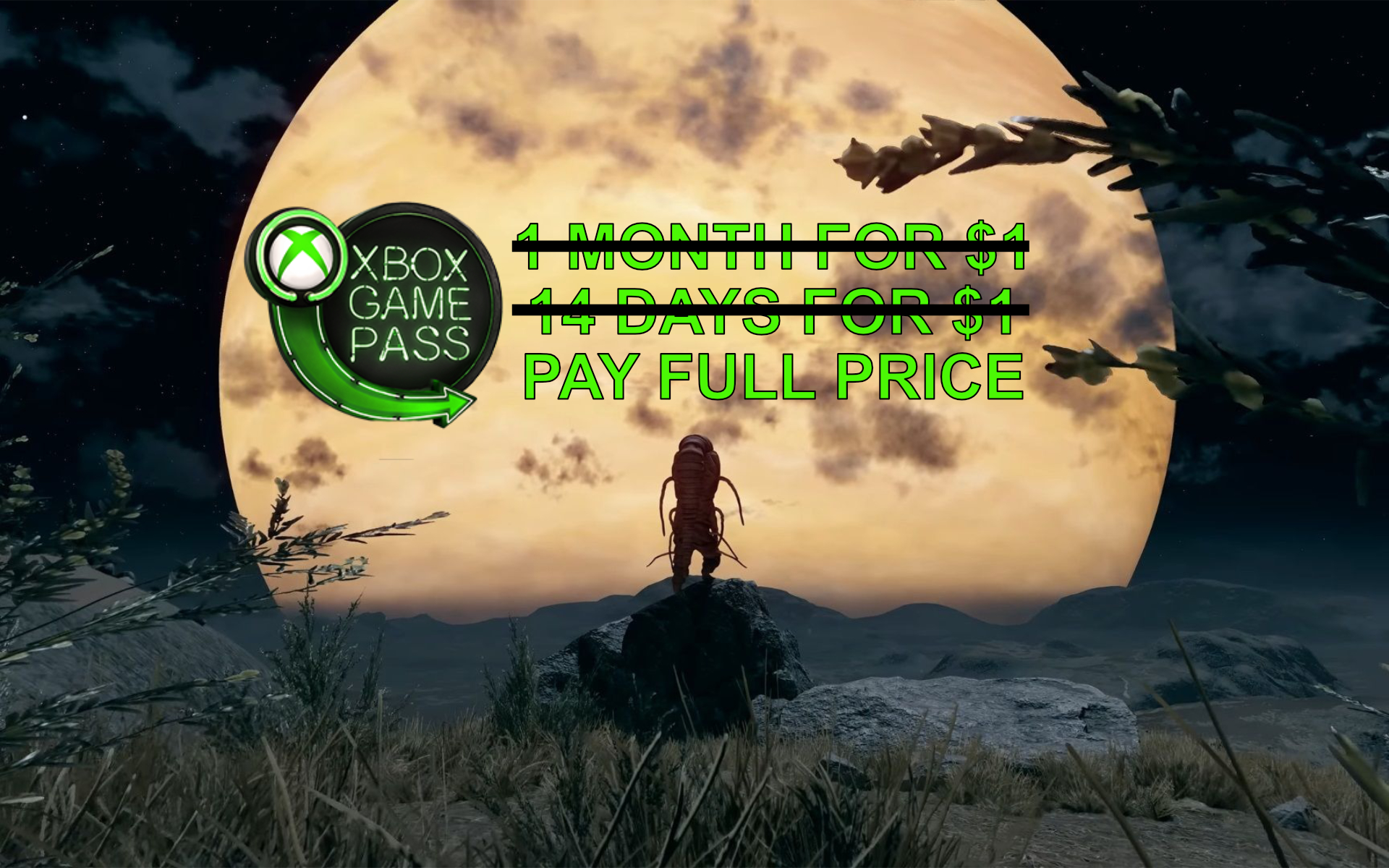Microsoft’s recent announcement regarding the significant price hike for Xbox Game Pass Ultimate — from $20 to a new $30 per month — has certainly captured the gaming community’s attention. While a steeper subscription fee is rarely met with universal acclaim, this adjustment appears to be merely one facet of a much larger, more ambitious strategic realignment. Industry experts are now weighing in, suggesting that this move is a harbinger of deeper structural changes, including the intriguing, and perhaps inevitable, possibility of an ad-supported Game Pass tier.
The Cost of Premium Entertainment: What`s Changing?
For those invested in the ultimate tier of Microsoft’s gaming subscription service, the increase in monthly expenditure is a tangible reality. However, subscribers aren`t left entirely without a silver lining. The new, higher price point for Game Pass Ultimate now bundles in access to Fortnite Crew and Ubisoft+ Classics. This represents a classic strategic maneuver: increase the cost, then sweeten the deal with additional content, aiming to pivot the narrative from a simple price hike to an enhanced value proposition. Meanwhile, the Core and Standard tiers have undergone a rebranding, emerging as “Essential” and “Premium” respectively, thankfully without immediate additional cost implications for their existing subscribers.
Beyond the Console: Microsoft`s Multi-Device Ambition
The true story unfolding within Microsoft’s gaming division transcends mere pricing adjustments. According to Daniel Ahmad, a respected analyst at Niko Partners, the tech giant is orchestrating a profound paradigm shift: transitioning from a “closed-console-based ecosystem to an open multi-device ecosystem.” This isn`t merely about selling more Xbox hardware; it`s about extending the reach of Game Pass across a broader spectrum of platforms, including PC, and potentially even rival consoles like the PlayStation 5 and the anticipated Switch 2. The rationale is stark and pragmatic: console sales are decelerating, PC Game Pass adoption has been notably “slow,” and cloud streaming, while conceptually powerful, still functions largely as an “extension of existing play” rather than a primary entry point for new users. Microsoft’s bet here is that its current console loyalists will remain subscribed, even at higher prices, while aggressively pursuing growth on other platforms with fully priced game sales or new subscription models.
The Intriguing Prospect of an Ad-Supported Game Pass
Against this backdrop of strategic recalibration and challenging market dynamics, the “big question,” as Ahmad puts it, is whether Game Pass can truly be a sustainable product beyond the console. One of the more provocative suggestions to address this sustainability concern is the introduction of an ad-supported Game Pass tier. The thought of commercials interrupting a gaming session might, at first blush, strike many as a jarring intrusion into their digital escapism. Yet, in an era where virtually every streaming service—from video to music—has embraced ad-supported options to lower entry barriers and broaden accessibility, the gaming industry may not be immune to this economic imperative. Imagine a few targeted advertisements before launching a sprawling open-world adventure, or a brief commercial interlude during a loading screen. It`s an economic balancing act, subtly trading a sliver of the user experience for wider reach and, crucially, a healthier bottom line. Of course, the ghosts of past attempts, like Square Enix`s ill-fated Coreonline streaming service from 2012, which quickly folded due to lack of uptake, serve as a cautious reminder of the challenges inherent in such models.
Strategic Timing: Call of Duty and the Road Ahead
This comprehensive strategic re-evaluation arrives with notably precise timing, preceding the highly anticipated launch of Call of Duty: Black Ops 7 in November. For a substantial segment of the gaming audience, the promise of day-one access to major titles like Call of Duty has been a significant draw for Game Pass. Now, that privilege for Ultimate subscribers will come at an increased monthly cost, prompting a re-evaluation for many dedicated fans. The path forward for Game Pass is clearly one of continuous evolution. Whether the more speculative elements, such as an ad-supported tier, materialize remains to be seen. However, Microsoft`s intent to diversify its revenue streams and expand its ecosystem footprint is undeniable.
In essence, the future of Xbox Game Pass is not merely about accumulating more games or adjusting price tags. It`s about Microsoft meticulously navigating a complex, multi-platform future, endeavoring to monetize its vast content library across an ever-widening array of devices. An ad-supported tier, while still a hypothetical, underscores the creative — and sometimes contentious — solutions corporations explore to keep pace with evolving market dynamics. Whether gamers ultimately embrace these shifts or advocate for different approaches will undeniably shape the next chapter of this ambitious subscription service. The Game Pass journey is far from its conclusion, and its ongoing evolution promises to be a fascinating study in adapting to the modern digital landscape.

